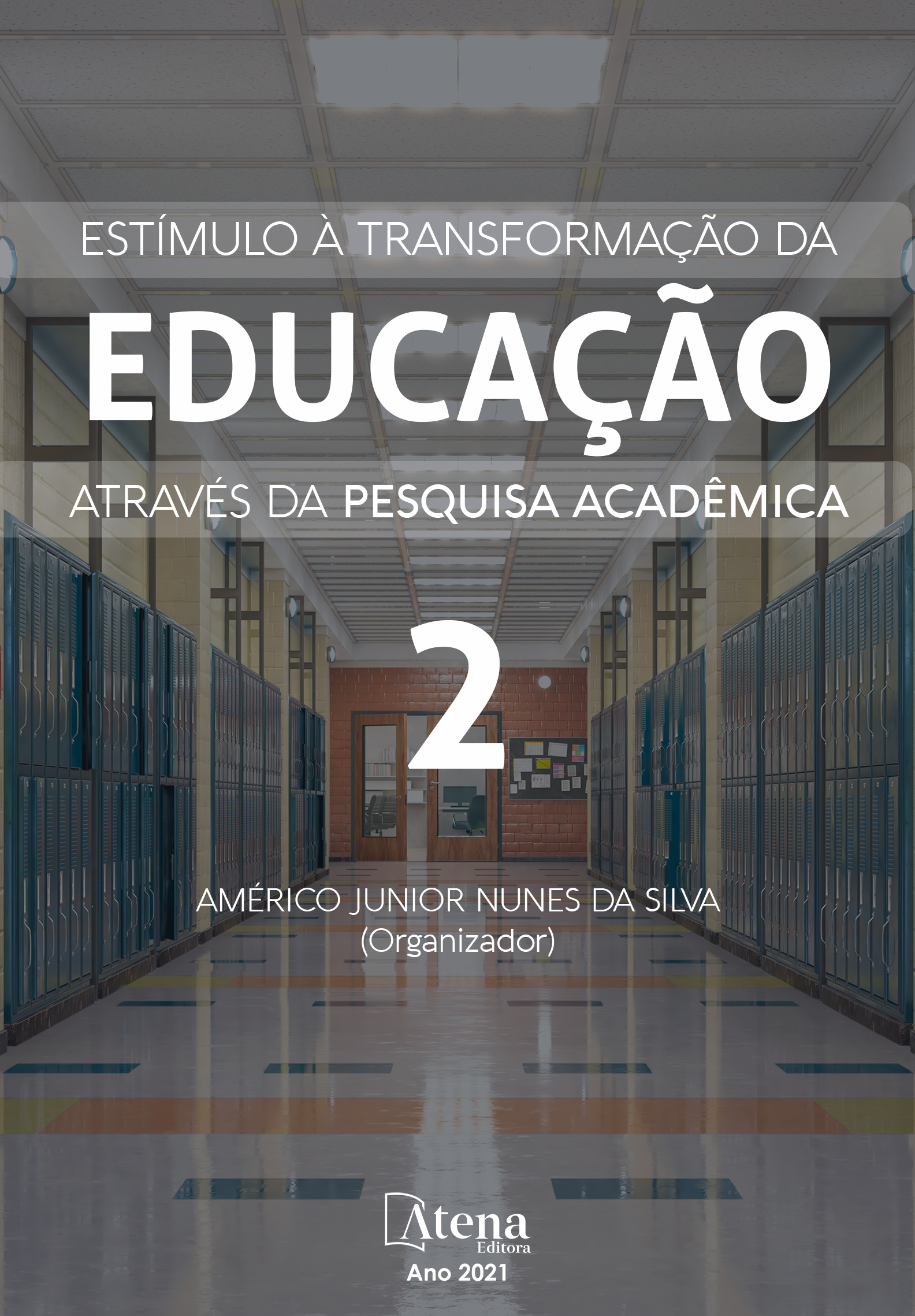
A REPRESENTAÇÃO DA DEFICIÊNCIA EM CLÁSSICOS DA LITERATURA BRASILEIRA
O presente tem a finalidade de apresentar um estudo sobre o universo que compõe as necessidades existentes e devem embasar os livros que são disponibilizados à leitura dos alunos deficientes. Essa investigação se justifica pela importância que o professor-mediador de língua materna, da educação básica, seja pública ou privada, desempenha no processo ensino-aprendizagem dos deficientes, no Brasil (dificuldades, incompreensões, estereótipos e desafios) e relacionar tais considerações a alguns personagens que fazem parte da Literatura Brasileira. Nesse contexto, procura-se descortinar impressões, discursos dominantes e valores intrínsecos da sociedade, sobretudo, no século XIX. Sendo assim, faz-se uma analogia com algumas obras europeias que foram veiculadas antes da Primeira Guerra Mundial e o que foi mudando nos contextos subsequentes, quanto â maneira de se abordar os deficientes. O estudo baseia-se nos estudos de Dowker, Figueira, Dalcastagnè e Barros, quanto à parte específica; nas produções de Assis, Guimarães Rosa, quanto às obras literárias utilizadas e, ainda, nos estudos de Heidegger, quanto ao poder da leitura. Esta empreitada se deu, primeiramente, pela curiosidade de ler as obras com um olhar específico: a forma que os deficientes são apresentados no meio literário e, depois, pelos milhares de brasileiros nessas circunstâncias, sejam crianças, jovens e adultos.
A REPRESENTAÇÃO DA DEFICIÊNCIA EM CLÁSSICOS DA LITERATURA BRASILEIRA
-
DOI: 10.22533/at.ed.6212101102
-
Palavras-chave: Deficiência. Representação. Literatura.
-
Keywords: Deficiency. Representation. Literature.
-
Abstract:
The present one has the finality to show a study about the universe that composes the existing necessities and should base the books that stay avaliable to disabled pupils reading. This investigation justifies itself because the importance that the mediator teacher of the native language in public or private basic education makes in teaching-learning process of the disabled ones in Brazil (difficulties, misunderstanding, stereotype and challenges) and the possibility to engage some aspects with some characters that belongs to the Brazilian literature. In this context, it quests to find out impressions, dominant speeches and some intrinsic values of the Society, especially in 19th century. Therefore, makes itself na analogy with some european works that they were binding before The First World War and what was varying in subsequent contexts, as the manner to approach the disabled pupils. The research bases on Dowker studies, Figueira, Dalcastagnê and Barros, in terms of the specific part.; in Assis’ productions, Guimaraes Rosa, as the literay works and, yet, in Heidegger studies, in terms of the power of the reading. This investiment happenned, primarily, because of the curiosity to read works with an specific view: the way that disabled ones are showed in literary médium and, after, for thousand brazilians in this circunstances, be them children, teens and adults people.
-
Número de páginas: 14
- Lucélia Cardoso Cavalcante Rabelo
- MARLENO CHAVES MENEZES


